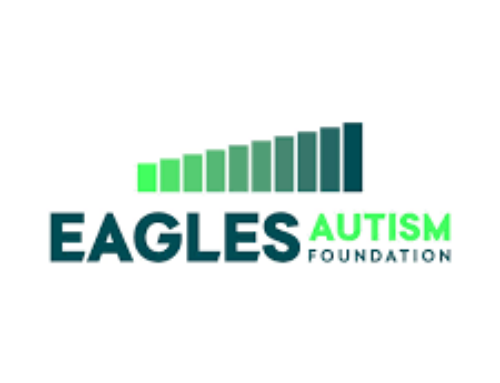Transitioning to adulthood can be a daunting task for anyone, but for individuals with autism spectrum disorder (ASD), the process can present unique challenges. However, with the right support and resources, it is possible to successfully transition to adulthood with ASD.
One of the most important factors in transitioning to adulthood with autism is having a strong support system. This can include family members, friends, and professionals who are trained in working with individuals with autism. A support system can provide emotional support, practical assistance with tasks such as budgeting and time management, and guidance in navigating the adult world.
 Another important aspect of transitioning to adulthood with autism is finding meaningful employment. Finding a job that is a good fit for an individual with autism can be challenging, but there are resources available to help. Many organizations offer job training and placement services specifically for individuals with autism, and some employers have autism hiring initiatives. Additionally, self-employment or entrepreneurship may be a viable option for some individuals with autism.
Another important aspect of transitioning to adulthood with autism is finding meaningful employment. Finding a job that is a good fit for an individual with autism can be challenging, but there are resources available to help. Many organizations offer job training and placement services specifically for individuals with autism, and some employers have autism hiring initiatives. Additionally, self-employment or entrepreneurship may be a viable option for some individuals with autism.
Independent living skills are also crucial in successfully transitioning to adulthood with autism. These skills include managing finances, cooking, cleaning, and maintaining a living space. There are programs and resources available to help individuals with autism learn these skills, and they can also be taught at home with the help of family members or a support worker.
Social skills are another important aspect of transitioning to adulthood with autism. Many individuals with autism struggle with social interaction and communication, which can make it difficult to build and maintain relationships. However, social skills can be taught and practiced through social skills groups, therapy, and other resources. It is also important to find social activities and groups that are a good fit for an individual with autism, such as special interest groups or clubs.
Education and continued learning are also important in transitioning to adulthood with autism. Many individuals with autism have unique talents and interests, and finding ways to pursue these can be fulfilling and provide a sense of purpose. This can include pursuing higher education, vocational training, or engaging in hobbies and creative pursuits.
Finally, it is important for individuals with autism to advocate for themselves and their needs. This can involve communicating with healthcare providers, educators, and employers about accommodations and support that are necessary for success. Advocacy can also involve working to raise awareness and acceptance of autism in the broader community.
In conclusion, transitioning to adulthood with autism can be challenging, but with the right support and resources, it is possible to succeed. A strong support system, meaningful employment, independent living skills, social skills, continued learning, and self-advocacy are all important components of a successful transition to adulthood with autism. With these tools, individuals with autism can lead fulfilling and meaningful lives as adults.





